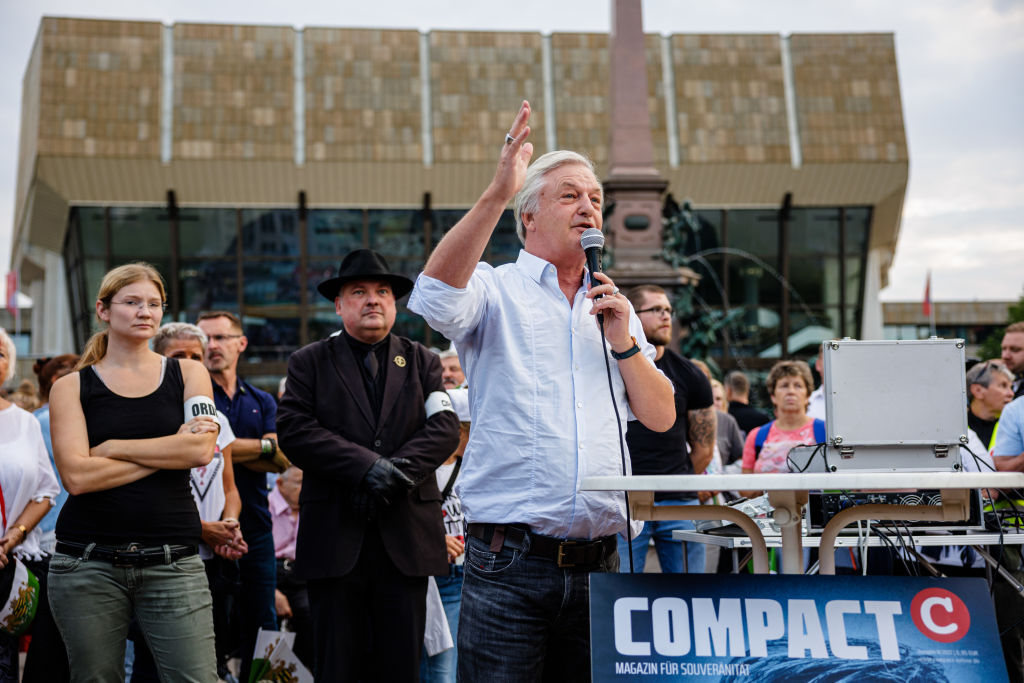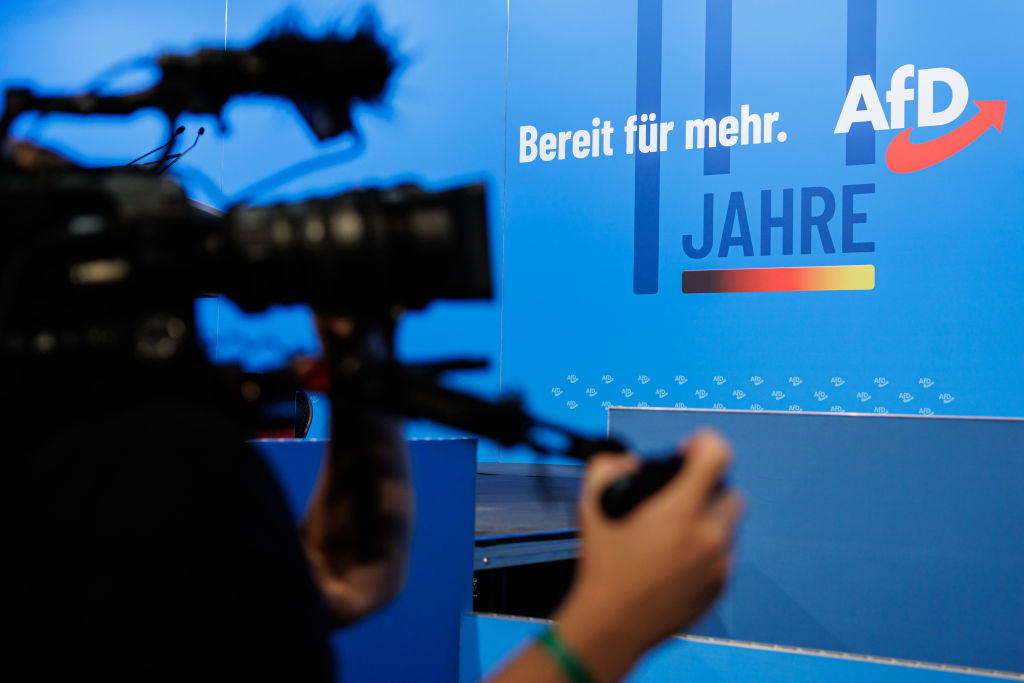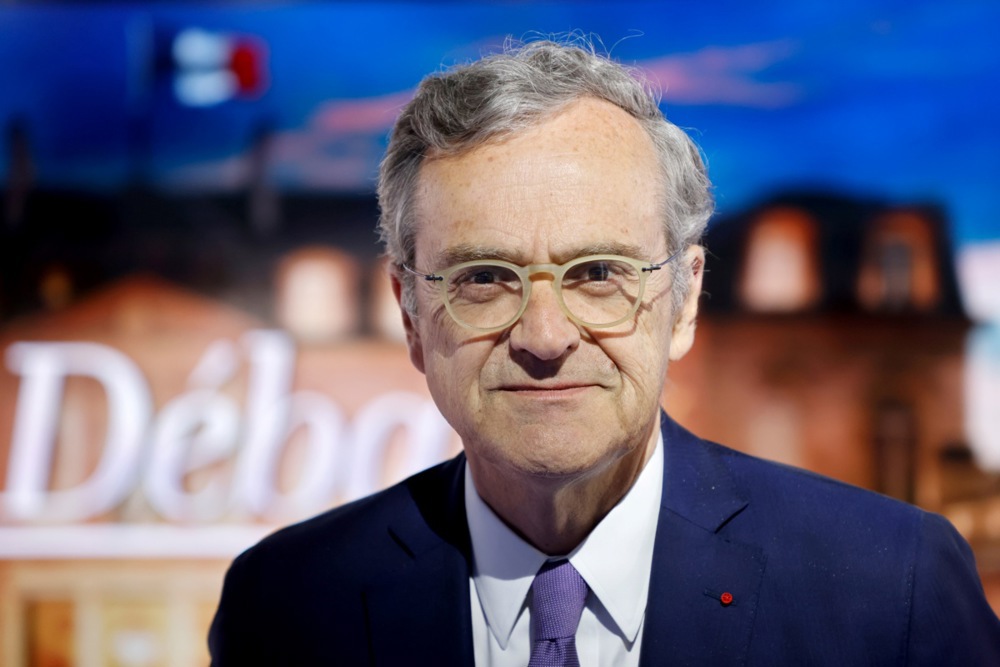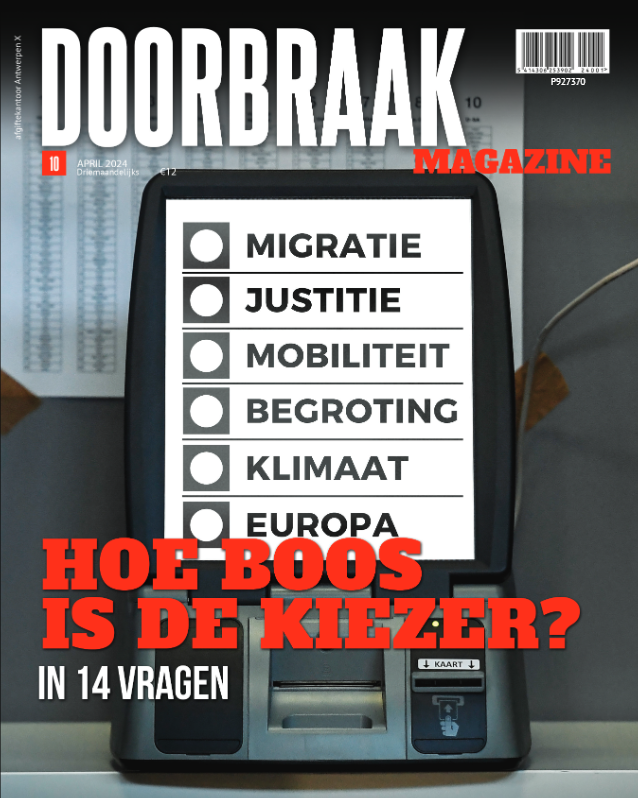Ongehoord Nederland (ON), a Conservative Dutch public broadcaster, has ousted its own president and founder, Arnold Karskens, citing serious complaints about his working practices, in what Karskens has called a “coup”.
On August 2, the ON supervisory board announced it had suspended Karskens the day before.
“This was in response to several serious complaints from within the organisation regarding his performance. These complaints are currently being investigated further, but they are of such a nature that the supervisory board, in consultation with the members’ council, has taken this step,” the broadcaster said in a statement.
“The suspension means that Arnold Karskens has been instructed to immediately cease his activities and not to contact anyone working for or involved with Ongehoord Nederland.”
The board claimed there was an “unsafe work atmosphere and culture of fear” at the broadcaster.
Employees are said to have felt “limitations on the freedom of speech” and Karskens was accused of having made misogynistic remarks.
In a reply to the ON statement, Karskens said the board had organised a coup based on “false and anonymous allegations, without [his] being able to respond”.
“The coup plotters tolerate trivialisation of the Holocaust and allow racist expressions within the broadcaster,” he claimed. “Obviously, I cannot agree with this. Fortunately, I am supported by a majority of Ongehoord Nederland‘s employees, who want nothing to do with this extremism.”
One of the primary reasons for the fight surrounds the forced departure of a TV hostess, Raisa Blommestijn. She came into conflict with Karskens over incendiary posts on social media. She was told to tone down her remarks by Karksens and the public prosecutor opened an investigation into “group defamation” and possible racist remarks.
Karskens claimed he was constructive with her and tried to guide her into being more diplomatic but she has alleged she was bullied out of the organisation and censored.
After Karsken’s ousting, Blommenstijn was immediately returned to ON.
“Fortunately, the supervisory board and the board of directors have now retroactively acknowledged that I was treated unfairly. They have asked me to return to the broadcaster, which I have agreed to do following the suspension of Karskens,” she wrote on X on August 3.
Another issue was reportedly Karsken’s demand for a favourable stance towards the new right-wing government and Geert Wilders, head of the hard-right Party for Freedom (PVV). This was seen as an infringement of editorial independence. Employees said they felt reduced to being “lapdogs of those in power”.
He is also accused of blocking “objectivity regarding Israel” and “removed all criticism in the much-viewed interview with Candace Owens”, the US TV host.
Ongehoord Nederland (Unheard Netherlands) has had broadcasting time on Dutch public television since 2022. Its stated aim is to provide a “necessary” counterpoint.
Karskens has been active as a journalist since the 1980s.
The Dutch TV regulator has always been critical of the channel, often judging their broadcasts too right-wing. The ombudsman for Dutch public television has opened several investigations into ON and issued a number of fines.
On occasions, guests spoke about “replacement migration”, without being reprimanded by the channel’s hosts. The term refers to the international migration that a country would need to offset population decline and population ageing resulting from low fertility and mortality rates.
The ombudsman also claimed guests who came to speak about certain drugs used against Covid-19, such as ivermectin, or about nitrogen emissions, could spread misinformation too easily without being challenged by interviewers.
ON was handed multiple fines for not acting “in accordance with public values” and allegedly not wanting to meet “the high journalistic and professional quality standards” of the Netherlands.
Left-wing parties in the Dutch Parliament pushed for new media laws to make the sanctioning of broadcasters such as ON easier. One Liberal lawmaker said they produced “racist dung at taxpayer expense”.
Popular Conservative French news channel CNews was fined €80,000 by the country’s media regulator for expressing negative viewpoints regarding migration and climate change without offering suitable commentary for balance. https://t.co/Dwxn5C8SRi
— Brussels Signal (@brusselssignal) July 10, 2024





